6 Ways Fijian Resorts Practice Sustainability
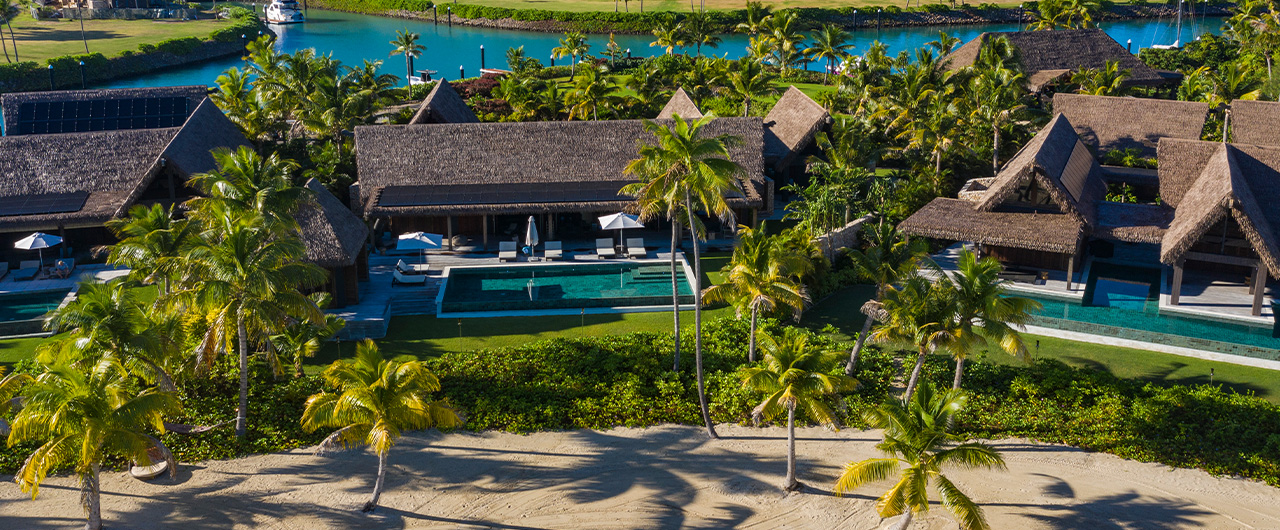
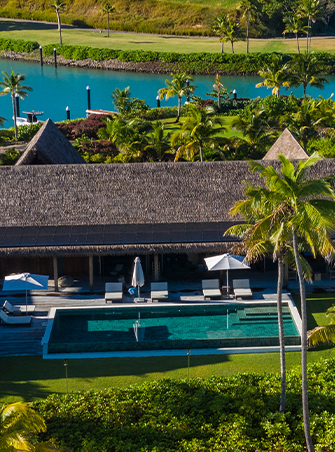
Green Getaways: Fijian Resorts Embracing Sustainability
Adopting Renewable Energy
Fijian resorts have been at the forefront of the push towards using renewable energies for over three decades. Several Fijian resorts were the innovators for the entire South Pacific region, with Radisson Blu Resort on Denarau Island, establishing the first ever environmental policy for hotels back in 1989. Meanwhile, Nukubati Private Island Resort on Vanua Levu were the first to use solar power plants and wind energy, in the early 1990s.
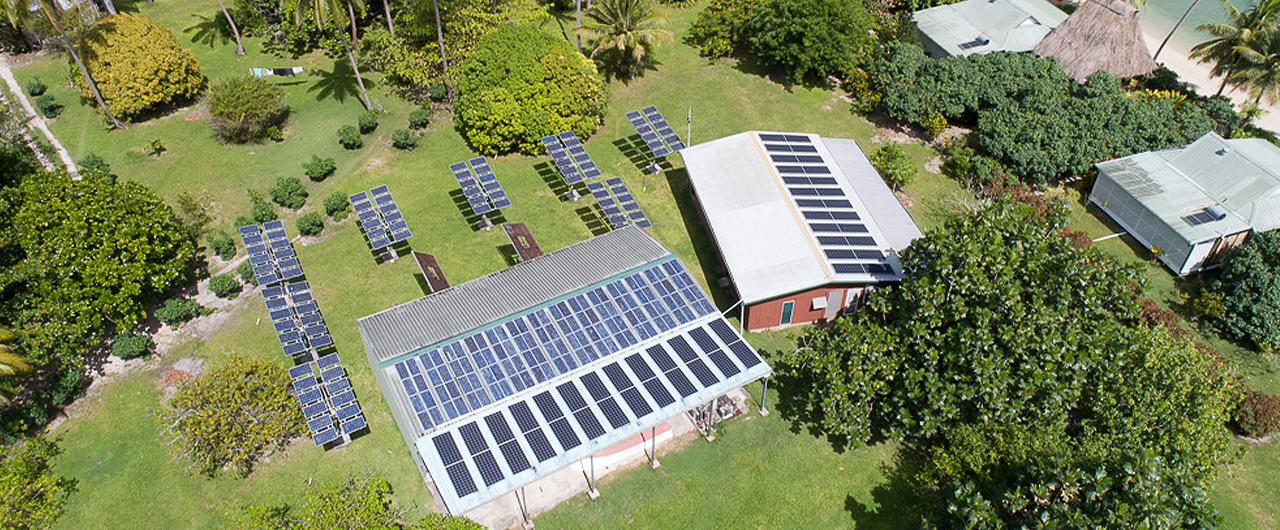
These days, many other Fijian resorts have joined the renewable energy revolution. Six Senses on Malolo Island (in the Mamanucas) built one of the largest off-grid solar installations using Tesla batteries in the Southern Hemisphere to become Fiji’s first 100 percent solar-powered resort. Surf resort, Tavarua Island Resort, installed 483 solar panels and Tesla power packs on every large structure of their resort to power their operations, while Radisson Blu Resort installed what was the Pacific region’s largest roof mounted solar system in 2015, stopping the importation of over 200 000 litres of diesel.
Getting Rid of Plastics and Improving Waste Management
Numerous resorts across Fiji that have taken on the goal of creating plastic-free environments and finding ways to reduce wastage. Some resorts, like Six Senses Fiji, are also attempting to create zero waste, by implementing worm-based septic systems, composting all food waste to use in the garden and filtering their own drinking water to ensure there’s no plastic bottles needed.
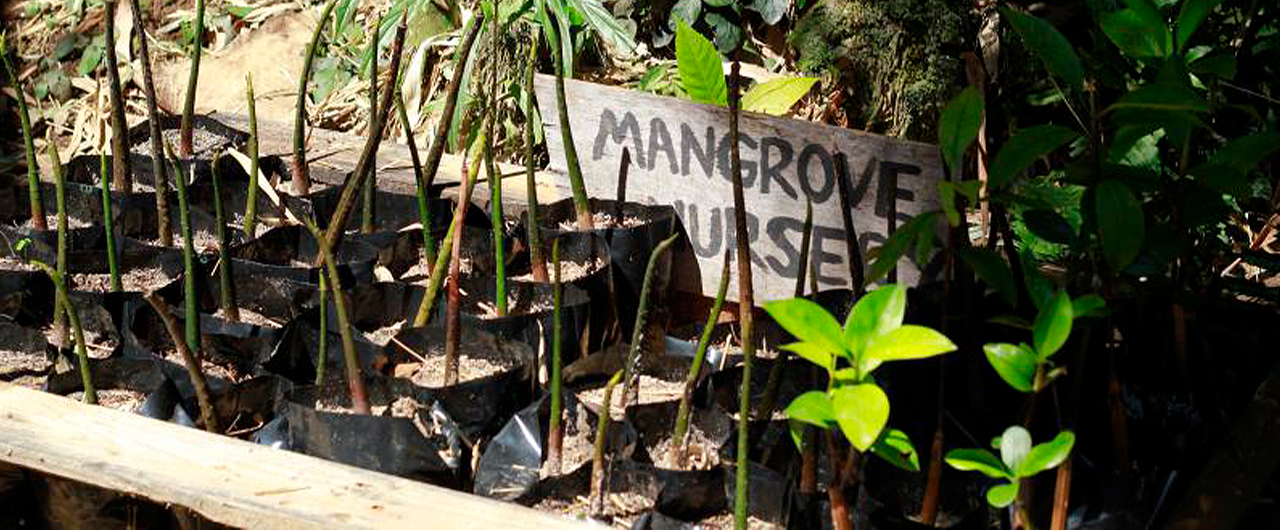
Vomo Island Resort - in the Mamanucas - used the 21-month border closure Covid created to build its own freshwater bottling plant, and to install a cleaning system in its kitchens which turns desalinated water into cleaning products using salt water and electricity, eradicating harsh chemicals.
Matanivisu Eco Surf Retreat, on Viti Levu’s southern coast, created such an innovative waste management and low plastic environment that they became the world’s first registered surf eco-retreat. They collect all rainwater, separate all waste into compost, recyclables and waste and smash all non-returnable bottles to use in concrete mix. All waste water is treated to be used as natural fertiliser for the gardens.
Protecting Fiji's Wildlife
Saving threatened animal species has long been a core motivation of Fijian resorts. There’s seven species of sea turtles on Earth and five of them are in Fiji and all are either threatened or endangered. Resorts in the Mamanucas have a variety of turtle conservation programs. Mana Island Resort & Spa, Vomo Island Resort and Beachcomber Island run programs keeping baby turtles safe in ponds till they’re old enough to fend for themselves in the ocean. Other resorts, like Treasure Island and Turtle Island in the Yasawa Islands, have been protecting turtles for four decades.
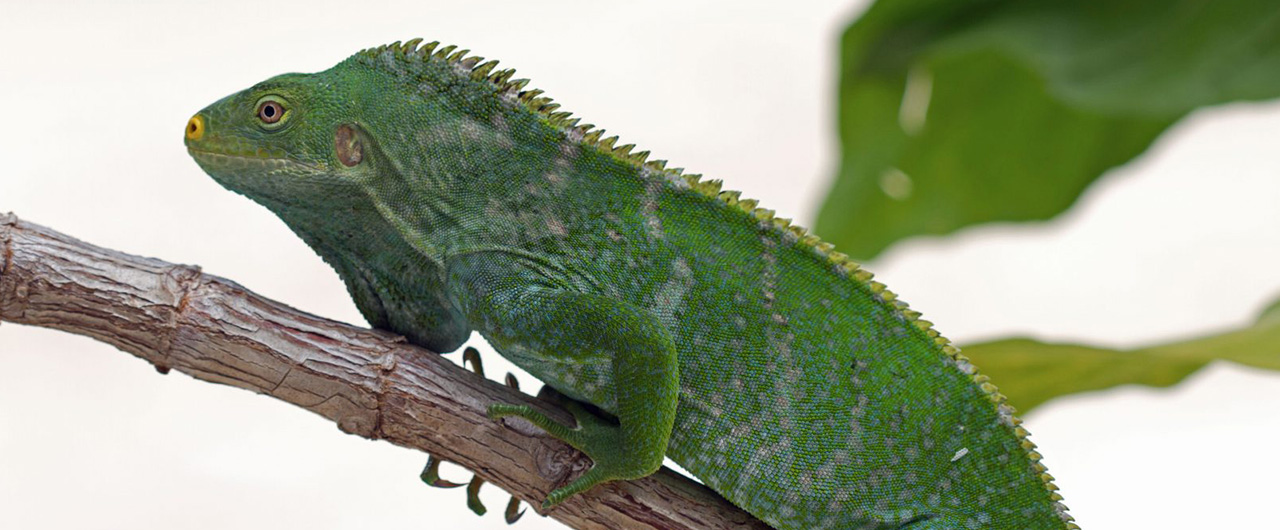
Two Fijian resorts have been at the forefront of bringing back one of the world’s rarest creatures from extinction, the Fijian-crested iguana. Likuliku Resort implemented non-native animal eradication and habitat restoration programs and started a captive breeding program - there’s now over 80 of the world’s last 5000 iguanas on the island. Six Senses Fiji also started a breeding program and now have 39 iguanas.
Other Fijian resorts are working to conserve manta ray numbers in Fiji. Barefoot Manta Resort is a one minute ride from a manta ray feeding site between April and October, where snorkelers can swim with the creatures. They’re part of Manta Ray Trust, a global organisation protecting the creatures. Other resorts like Kokomo Private Island Resort run a manta ray conservation project tagging the animals to get a better understanding of their numbers.
Preserving Coral Reefs
Fiji is home to 42 percent of the world’s coral species and over 10 000 square kilometres of coral reef. Climate change has put new pressures on Fiji’s reefs so resorts have been working hard to counter them. The Shangri La Fiji Resort & Spa created Sanctuary, a marine education centre where families can grow coral and build fish houses to preserve the reef ecosystem. Their Reef Care Project allows guests to help revive the coral reefs beyond the resort, as well as take part in mangrove replanting programs. A little further east, The Outrigger Fiji has one of the best coral gardening programs of any South Pacific resort, something they started back in 2015. Young corals are grown in a protected nursery till adulthood, then are replanted back in nature. Kokomo Private Island Resort have increased their coral garden by over 3000 corals per season and added two new nurseries. Guests can join in the program at all resorts.
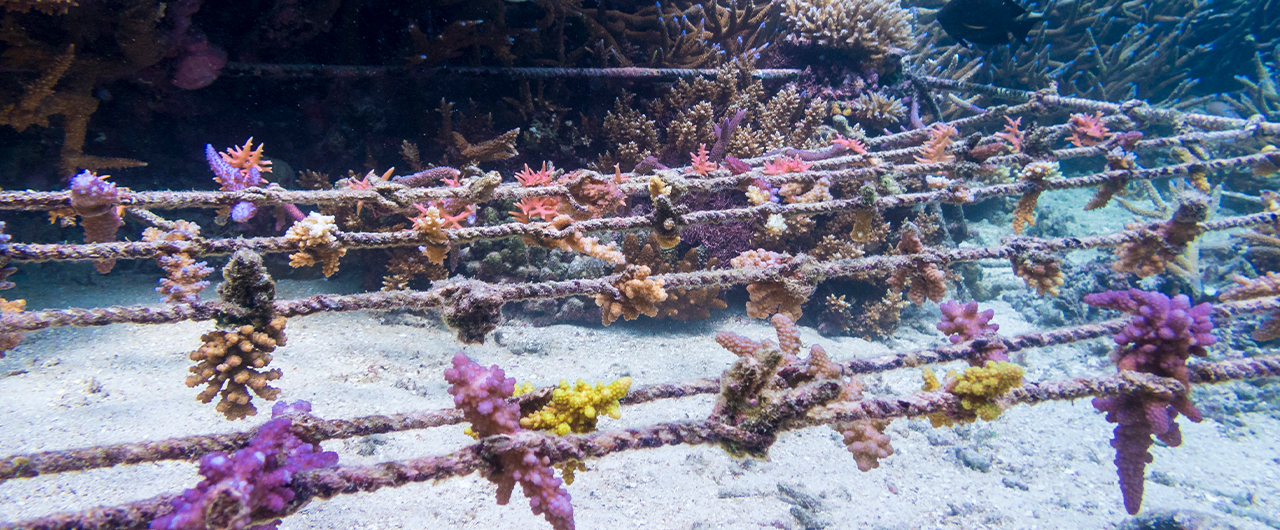
Meanwhile, Tavarua Island Resort are saving endangered giant clams by transplanting colonies of giant clams into cages along the reef.
Growing Organic Gardens and Buying Local
Gone are the days when Fijian resorts flew in most ingredients from Australia or New Zealand. Fijian resorts have embraced food sustainability, using local, fresh ingredients and growing their own produce in organic market gardens. Fijian resorts now organise menus around what’s just been caught by local fishermen. Local farmers and fishermen have become Fiji’s secret weapon – the sea teems with fish, and the volcanic soils fertile.
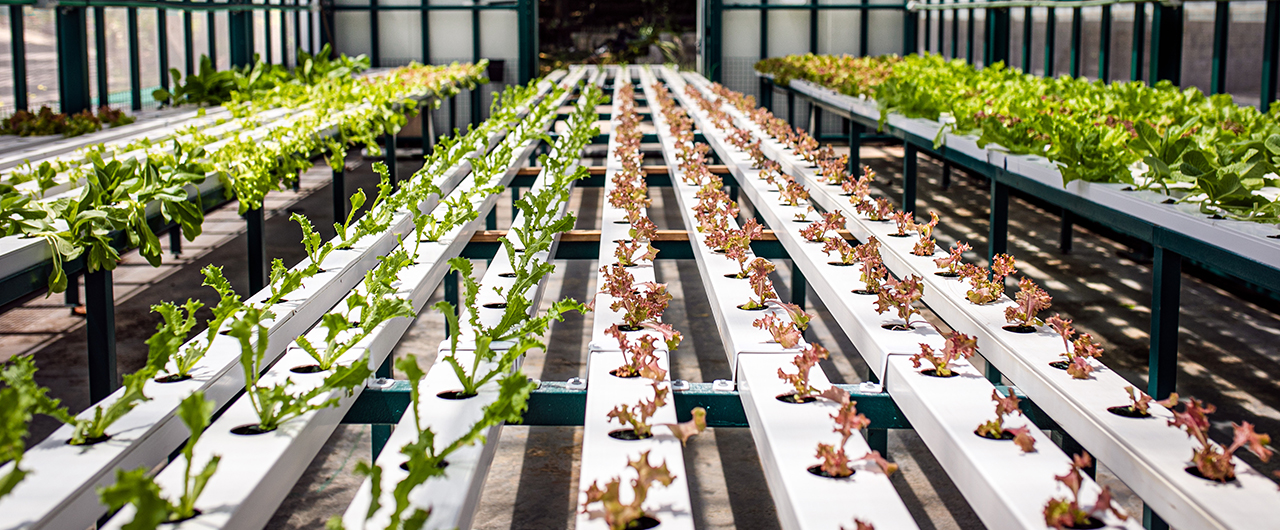
But that’s not where sustainability ends. Many resorts have their own organic gardens, supplying the herbs, fruit, vegetables and eggs needed for guests. Kokomo Private Island Resort have a 2.2 hectare organic farm, which includes a hydroponic garden, beehive and hen house, and provide free guided tours.
Six Senses Fiji have Cluckingham Palace, a free-range retreat for over 100 hens and roosters who supply the eggs. They also have over 10 000 square metres of gardens, supplying over 40 different types of herbs, fruits and vegetables.
Just a few islands over, Vomo Island Resort have propagated 50 000 plants to create their own gardens for produce while Vanua Levu’s Nukubati Island Resort has over 2.5 hectares devoted to growing traditional Pacific Island crops.
Sustaining Culture and Traditions
Fijian resorts have been at the forefront of efforts to preserve the culture of Fiji. Traditionally, this was in the form of offering cultural experiences to guests which allowed local villages to make an income out of presenting their traditional ways to tourists – from dancing performances to kava ceremonies. But while this continues, cultural sustainability has gotten more sophisticated.
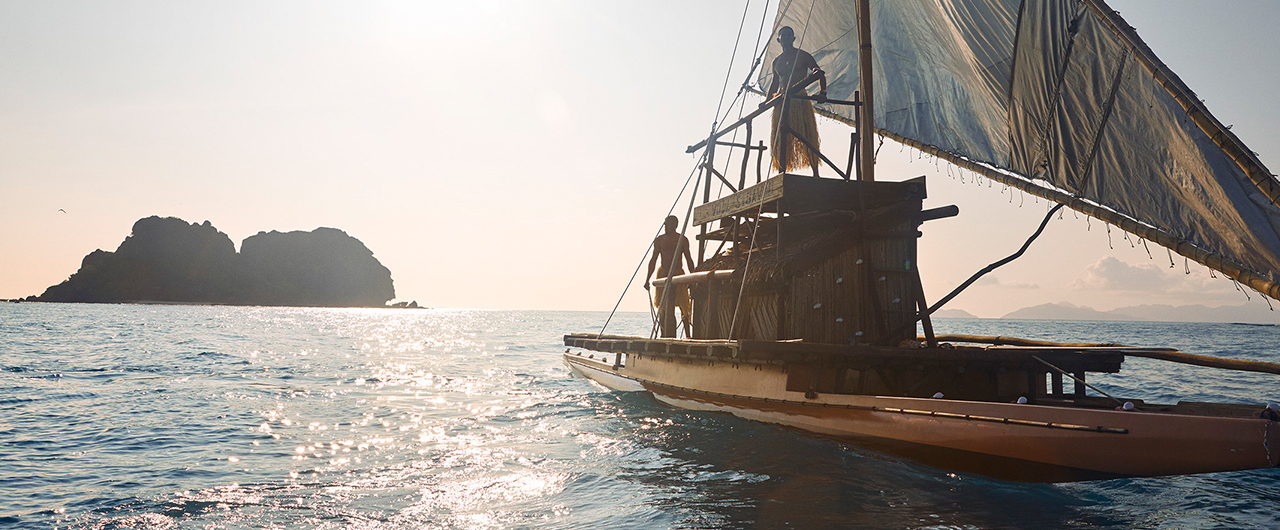
At resorts like Maqai Beach Eco Resort off Taveuni, the village next door, Naivivi (where many of the resort’s staff come from) has been given 10 percent ownership of the resort to ensure directors and managers work with local chiefs on all key decisions.
Leleuivia Island Resort near Suva have worked with six villages on their island to train young locals to bring back knowledge of Fijian canoe sailing and navigation skills. They helped provide traditional camakau sailing canoes to the villages, part of efforts to revive Fiji’s sustainable sea transport culture.